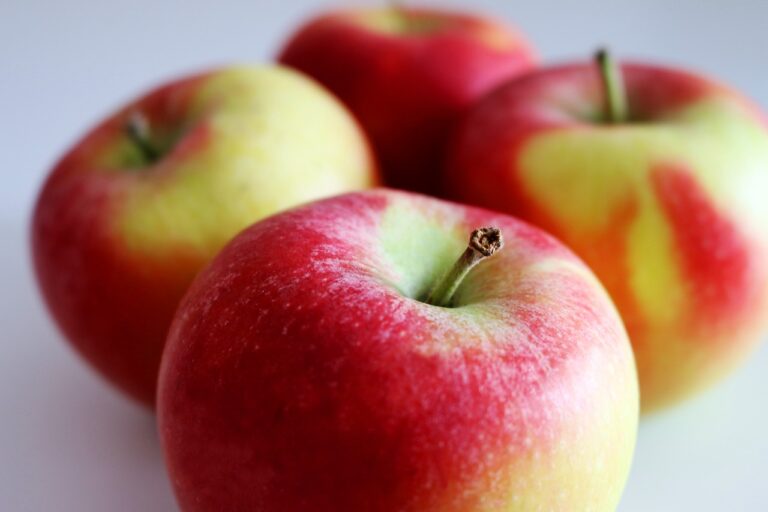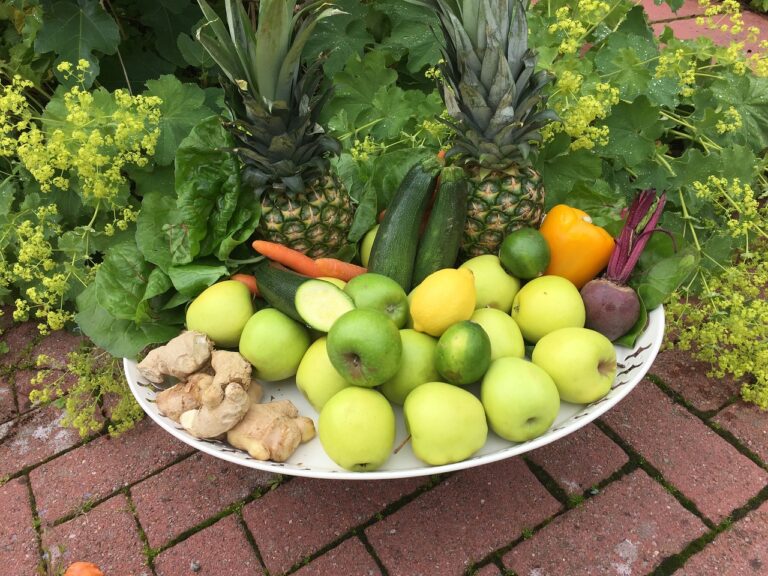The Role of Ashwagandha in Female Fertility
betbhai com whatsapp number, playexch, lotus365 in login password: Ashwagandha, also known as Indian ginseng, is a popular herb in Ayurvedic medicine known for its powerful properties that can help boost overall health and well-being. But did you know that ashwagandha can also play a significant role in enhancing female fertility?
In recent years, there has been a growing interest in the use of ashwagandha as a natural remedy for improving female reproductive health and fertility. Research suggests that this ancient herb may offer a range of benefits for women looking to conceive, from balancing hormones to reducing stress and anxiety. Let’s delve deeper into the role of ashwagandha in female fertility.
1. Balancing hormones
One of the key ways that ashwagandha can support female fertility is by helping to balance hormones. Hormonal imbalances can have a significant impact on a woman’s reproductive health, making it more difficult to conceive. Ashwagandha acts as an adaptogen, meaning it can help regulate the production of hormones such as cortisol, thyroid hormones, and reproductive hormones like estrogen and progesterone.
2. Reducing stress and anxiety
Stress can have a detrimental effect on fertility, disrupting ovulation and menstrual cycles. Ashwagandha is well-known for its ability to combat stress and anxiety, thanks to its adaptogenic properties. By reducing stress levels, ashwagandha can help create a more favorable environment for conception.
3. Improving egg quality
For women trying to conceive, the quality of their eggs is crucial. Studies have shown that ashwagandha may have a positive impact on egg quality, potentially increasing the chances of a successful pregnancy. The herb is believed to have antioxidant properties that can protect eggs from damage and improve their overall health.
4. Enhancing libido
A healthy libido is essential for successful conception, as it increases the likelihood of regular sexual intercourse during fertile periods. Ashwagandha has been traditionally used as an aphrodisiac, known for its ability to boost libido and enhance sexual desire in both men and women.
5. Supporting menstrual health
Irregular menstrual cycles can make it challenging to predict ovulation and conceive. Ashwagandha has been shown to regulate menstrual cycles, making ovulation more predictable and improving overall reproductive health.
6. Increasing energy levels
Fatigue and low energy levels can impact fertility by reducing the desire for sexual activity and overall reproductive health. Ashwagandha is known for its revitalizing properties, helping to boost energy levels and stamina, which can be beneficial for couples trying to conceive.
7. Combating inflammation
Chronic inflammation in the body can disrupt hormone balance and affect fertility. Ashwagandha has anti-inflammatory properties that can help reduce inflammation and create a more conducive environment for conception.
FAQs:
1. How should I take ashwagandha for fertility?
Ashwagandha supplements are available in various forms, including capsules, powders, and tinctures. It is recommended to consult with a healthcare provider or an Ayurvedic practitioner to determine the appropriate dosage for your specific needs.
2. Are there any side effects of taking ashwagandha?
Ashwagandha is considered safe for most people when taken in appropriate doses. However, some individuals may experience mild side effects such as stomach upset, diarrhea, or nausea. It is best to start with a low dose and monitor how your body responds.
3. How long does it take for ashwagandha to show its effects on fertility?
The effects of ashwagandha on fertility may vary from individual to individual. Some women may experience positive changes within a few weeks of taking the herb, while others may require a longer period of consistent use to see results.
4. Can men also benefit from taking ashwagandha for fertility?
Yes, ashwagandha is beneficial for both men and women in supporting reproductive health. The herb can help improve sperm quality, increase testosterone levels, and boost overall fertility in men.
In conclusion, ashwagandha can be a valuable ally for women looking to enhance their fertility naturally. Its hormone-balancing, stress-reducing, and antioxidant properties make it a promising herb for supporting reproductive health. If you are considering incorporating ashwagandha into your fertility regimen, be sure to consult with a healthcare provider to ensure it is a safe and suitable option for you.







